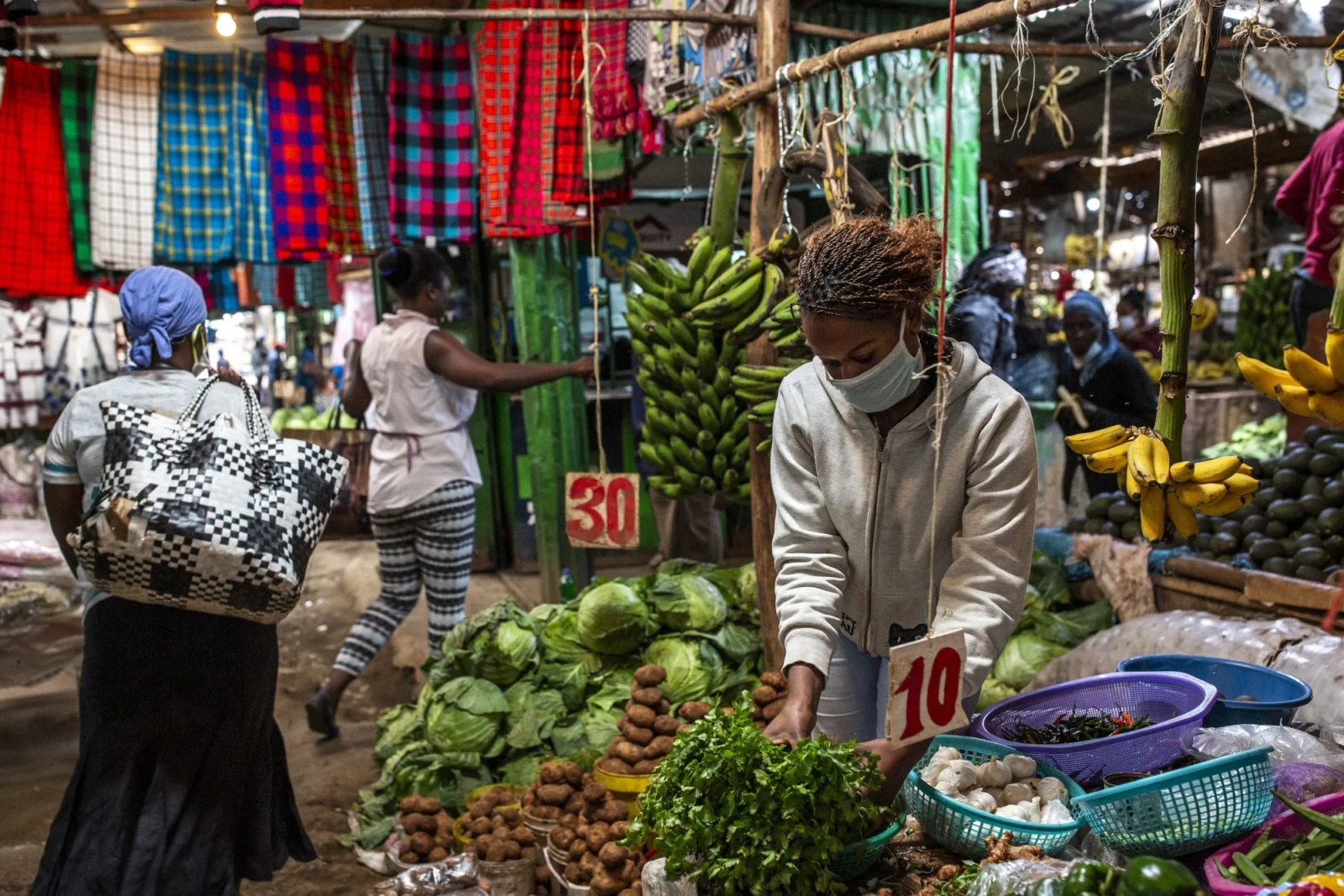The inflation rate in Nigeria rose to a six-month high in November due to increased prices in food and transportation. Data from the National Bureau of Statistics revealed a rate of 34.60% for November, up from the previous month. Factors contributing to this rise include higher food prices, exchange rate fluctuations, and increased costs in transport, housing, and utilities.
Food inflation in November increased to 39.93%, driven by factors such as flooding in agricultural states and rising transportation costs. Analysts anticipate that inflation may peak in the near future before transitioning to a period of disinflation as the effects of fuel subsidy removal and naira devaluation diminish.
Experts suggest that gradual interest rate cuts may be implemented by the Central Bank of Nigeria starting in the second quarter of next year. Despite recent challenges like fuel price hikes and floods affecting agriculture, there is optimism about Nigeria’s economic outlook. Structural reforms focusing on agricultural productivity, forex stabilization, fiscal discipline, and energy source diversification are seen as opportunities for long-term economic resilience.














Leave a Reply